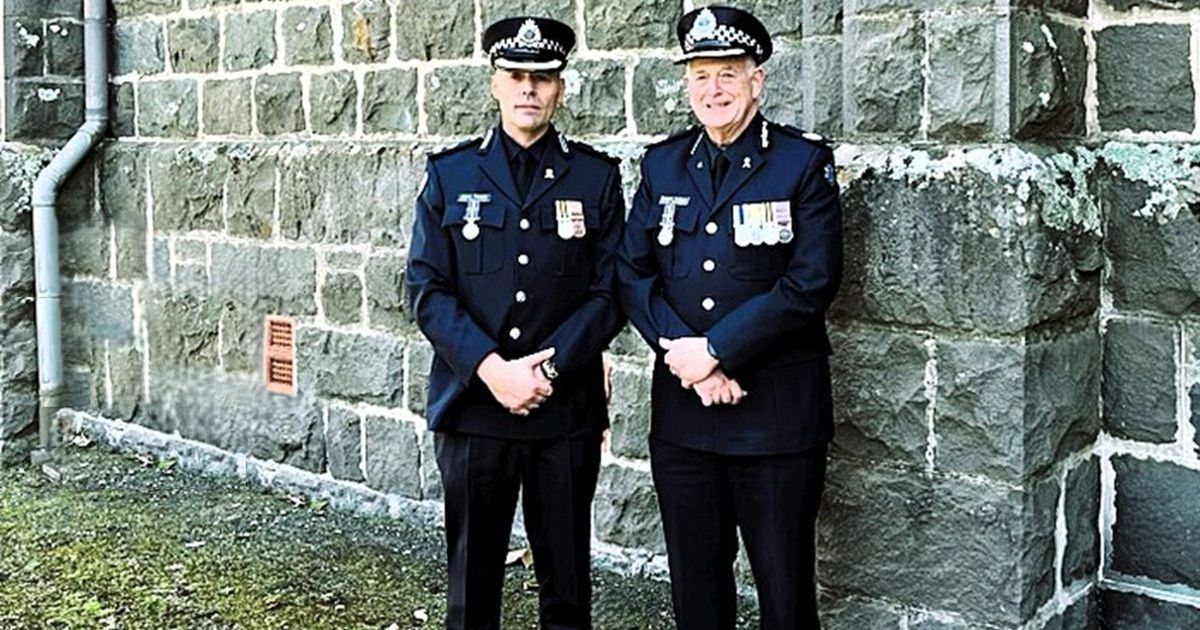From the desk of ROLAND ROCCHICCIOLI

Forever Censored: King of the Seaside Postcard, Donald McGill, created over 12,000 cards between 1904 and 1962. They are collector's items.
PROBABLY, in this linguistically draconian age of political correctness, a double entendre might be lambasted as a form of sexual harassment. Removing the extremist element from the equation, it is, and always was, a form of flattery. Too often, and with alacrity, we look for dark shadows where there are none.
A slipup email ‘reply all’ instead of ‘reply’ was reason to ponder the potential extrapolations and consequences from entirely innocuous, ambiguously risqué content, without specificity. While the writer and recipient agreeably share the long-running joke, for those curmudgeons committed to pursuing a more sinister purpose, it might easily prove manna to tarnish reputations.
What was once greeted as friendly, inconsequential, naughty banter — the double entendres/innuendo, is now pilloried by unwritten, semantic, activist enforcement. Certainly, in the theatre it was shared similarly between both sexes and enjoyed equally. The ribald wit of the late Frank Thring and Freddie Parslow provided some memorable moments of rehearsal room frivolity. The regrettable and dubious allegations brought against Craig McLaughlin during his time with the Rocky Horror Show, exemplify, in extremum, the dilemma which sometimes flourishes under an unconventional environment. Anyone who has worked on Rocky will testify to its fertility for some especially amusing, sometimes outrageous, banter and activity. When a resident director asked the actor playing Rocky to remove only half the padding from his costume of brief, pale blue, ridiculously tight, spandex jocks, he smiled superciliously and said: “I can’t. It’s all me!” The hilariously vulgar reactions from the actresses in the show are not for public consumption! He was flattered.
In 1950s Australia — following the model of British radio, innuendo humour began to transfer. In cinema, James Bond films are rife with double-meaning. Mae West’s successful career was predicated on her clever writing and use of lewd — but funny, innuendo. Indeed, they were so blatant most would be unacceptable in the current zeitgeist — which is a sad indictment of what a vocal minority has been able to impose.
Today, it is improbable the television programmes, Are You Being Served?; ‘Allo ‘Allo; The Two Ronnies; George and Mildred; Kingswood Country; and, Open All Hours, would be commissioned. However clever, the content would be vilified. The racist television series, Love Thy Neighbour, has been vaulted, never to be screened again. Many successful radio programmes commissioned during the Second World War, and in the two-decades following, were deliberately suggestive.
The 31-bawdy, politically incorrect, Carry On, comedy films were based on Donald McGill’s saucy, seaside postcards, and British Music Hall tradition. The homophobic jibes, fat gags, and groping of female characters were written to provide working-class entertainment. They tackled a range of pertinent social issues oved three-decades.
It is unlikely audiences would patronise the 1970s musical, Canterbury Tales, based on Chaucer’s writings. Box-office success aside, several numbers and pilgrims’ tales would be deemed chauvinistic by those mean-spirited opponents seeking to control our choices.
We must not to be suppressed by, or afeared of, the unremitting, disapproving hyperbole. Wit and humour are a known panacea for countless ails; they tell us much of the times in which we live. We need to be open to suggestion; willing to embrace. We need less of the sourpuss condemnation, and a whole lot more of the fun!
Roland can be heard with Brett Macdonald radio 3BA — Monday 10.40am. Contact: [email protected]


















